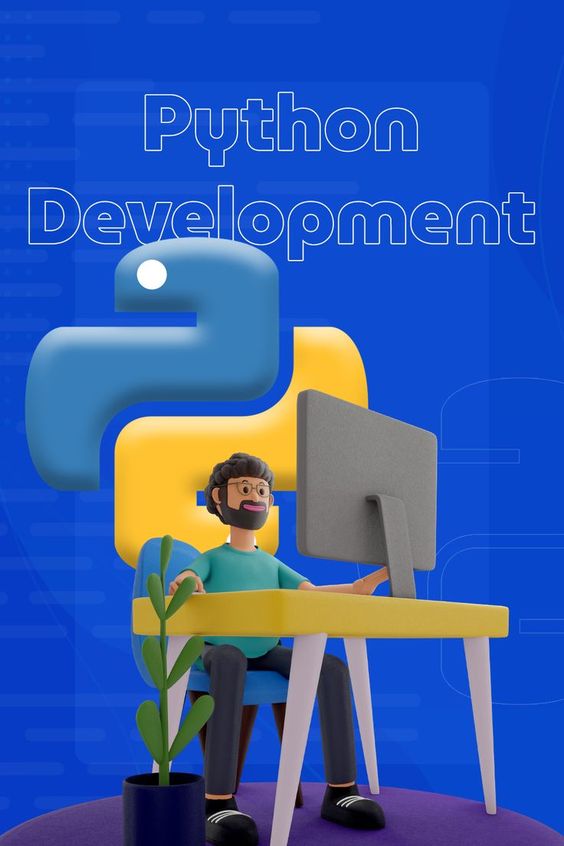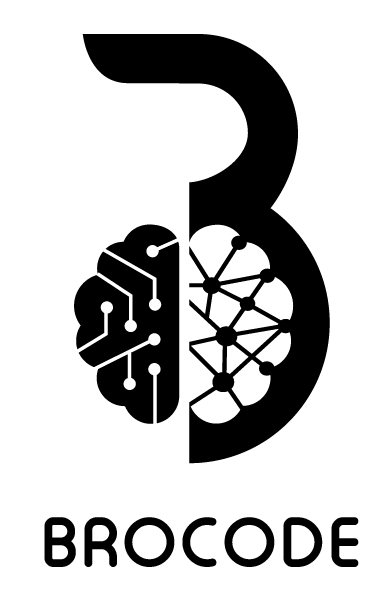Choosing the Right Framework for Your Python Web Development Projects
Discover the top Python web development frameworks and learn how to choose the perfect one for your next project. This comprehensive comparison guide dives into the features, advantages, and use cases of the leading frameworks to help you make an informed decision.

Are you embarking on a Python web development journey? Congratulations! Python is a versatile and powerful programming language that offers numerous frameworks to streamline the development process. With so many options available, choosing the right framework can be a daunting task. Fear not! In this comparison guide, we will explore the top Python web development frameworks to help you make an informed decision that aligns with your project requirements and goals.
- Django: Django, often referred to as the “web framework for perfectionists with deadlines,” is a full-featured and highly scalable framework. It follows the Model-View-Controller (MVC) architectural pattern and promotes DRY (Don’t Repeat Yourself) principles. Django’s batteries-included approach provides a plethora of built-in features, including an ORM (Object-Relational Mapping) tool, an admin interface, and robust security measures. This framework is ideal for large-scale, complex web applications.
- Flask: Flask, known for its simplicity and flexibility, is a microframework that focuses on keeping the core functionality minimal while allowing developers to customize and add the desired components. Flask’s lightweight nature makes it an excellent choice for small to medium-sized projects or prototypes. It offers excellent support for extensions, allowing developers to add specific functionalities as needed. Flask’s modular design and extensive documentation make it beginner-friendly and highly customizable.
- Pyramid: Pyramid is a versatile, open-source framework that emphasizes flexibility and scalability. It follows the minimalist philosophy, providing developers with the freedom to choose their preferred tools and components. Pyramid’s architecture supports both small-scale and large-scale applications, making it suitable for a wide range of projects. With its extensive documentation and community support, Pyramid empowers developers to build robust and maintainable web applications.
- TurboGears: TurboGears combines various powerful technologies, including SQLAlchemy, Jinja2, and WebOb, to provide developers with a complete and integrated stack for rapid web application development. It embraces the convention-over-configuration principle, simplifying the setup process. TurboGears promotes modular design, making it easy to reuse and extend components. With its emphasis on developer productivity, TurboGears is an excellent choice for agile development and prototyping.
- Web2py: Web2py is a beginner-friendly, full-stack framework that prioritizes simplicity and ease of use. It includes a web-based IDE, which allows developers to develop, debug, and deploy applications seamlessly. Web2py follows a batteries-included approach, offering a wide range of features and tools out of the box. It emphasizes security and enforces best practices, making it an excellent choice for projects where rapid development and security are crucial.
Choosing the right Python web development framework depends on various factors, such as project size, complexity, scalability requirements, and development team expertise. Consider the following questions when making your decision:
- What is the scope and scale of your project?
- Do you prefer a batteries-included framework or a more minimalist approach?
- How important is flexibility and customization for your project?
- Are you working on a small prototype or a large-scale enterprise application?
- What level of community support and documentation are you looking for?
By evaluating these aspects and understanding the strengths of each framework, you can make an informed decision that aligns with your project goals and development team’s skill set.
In conclusion, Python offers a diverse range of web development frameworks, each with its strengths and use cases. Django, Flask, Pyramid, TurboGears, and Web2py are among the top contenders, providing developers with options to match their project requirements and development styles. Take the time to explore each framework’s features, advantages, and community support to select the perfect framework for your Python web development projects. Happy coding!

